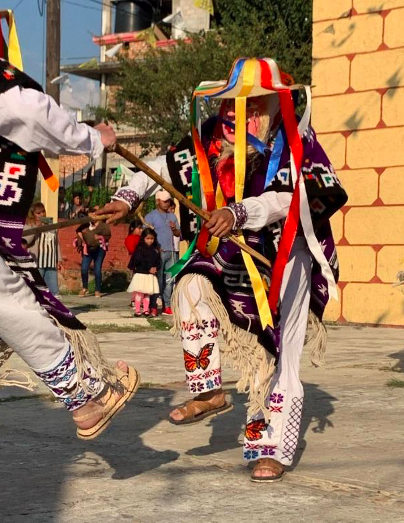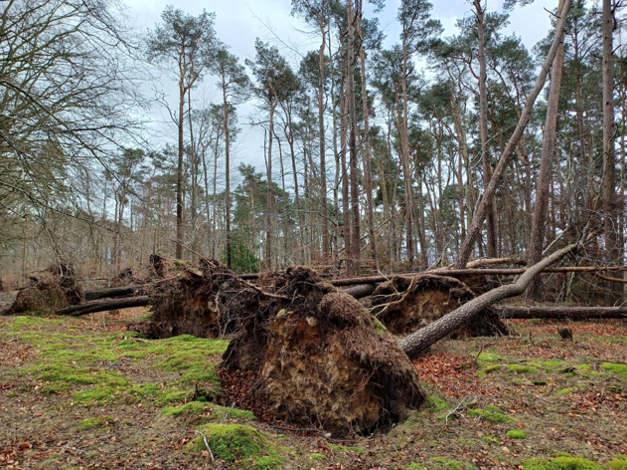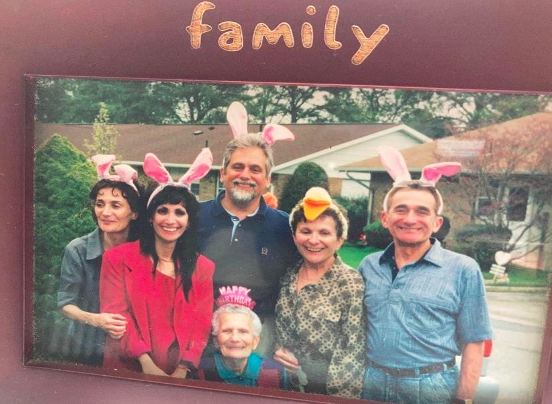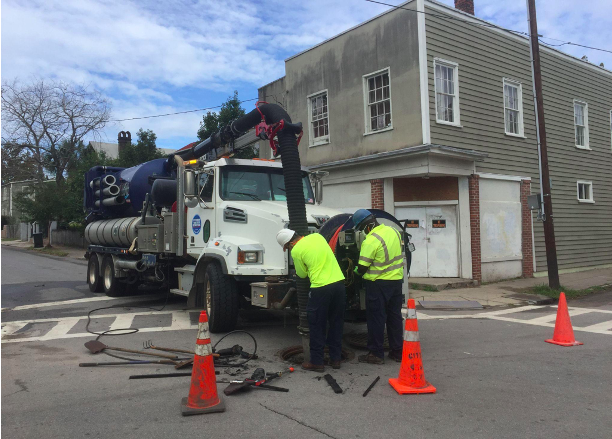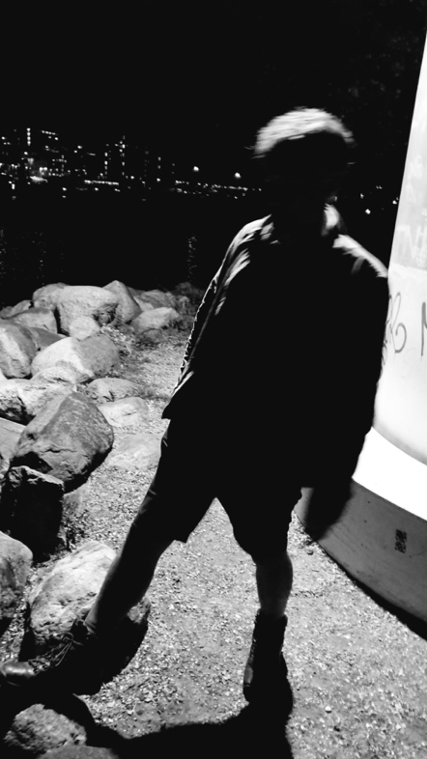Caring as Implication: Reflections through More-than-Human and Feminist Perspectives
by Marcela Morales-Magaña and Columba Gonzalez-Duarte
In this essay, we offer an anthropological perspective on care and environmental studies, in which we involve more-than-human actors. This conceptualization emerges from our participation in a collaborative project [...]
